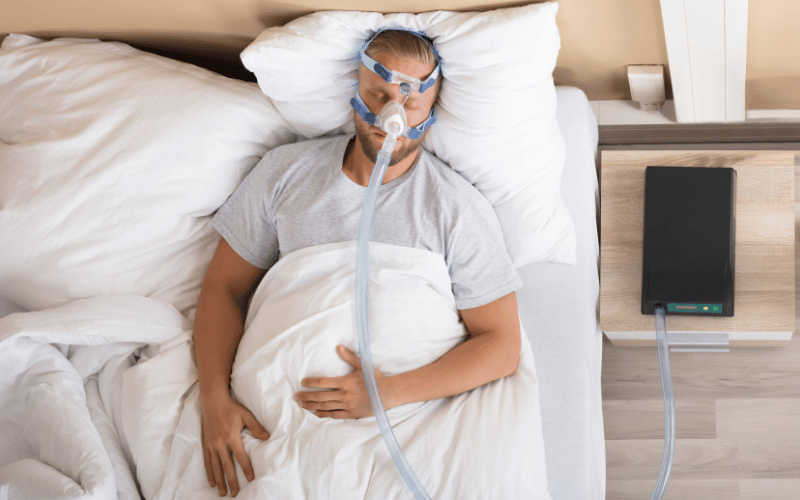Fact 11: Tonsillitis and Sleep Apnea

Tonsillitis, especially when recurrent or chronic, can lead to a condition called tonsillar hypertrophy, where the tonsils become enlarged. This enlargement can obstruct the airways during sleep, leading to a condition known as sleep apnea. Sleep apnea is characterized by pauses in breathing or shallow breathing during sleep, which can significantly impact sleep quality and overall health.
Individuals with sleep apnea may experience frequent awakenings during the night, loud snoring, and daytime sleepiness. In children, sleep apnea can lead to behavioral problems, learning difficulties, and growth issues. For adults, the consequences can be more severe, including an increased risk of hypertension, heart problems, and stroke. The link between tonsillitis and sleep apnea underscores the importance of addressing tonsillar issues promptly and effectively.
Diagnosing sleep apnea in the context of tonsillitis involves a thorough medical history and physical examination. In some cases, a sleep study (polysomnography) may be recommended. This study records various body functions during sleep, including brain activity, eye movements, heart rate, and blood oxygen levels, to diagnose sleep apnea and assess its severity.
Treatment for sleep apnea resulting from tonsillar hypertrophy often involves addressing the underlying tonsillitis. In cases where enlarged tonsils are causing airway obstruction, a tonsillectomy may be recommended. This surgical procedure can effectively reduce or eliminate sleep apnea symptoms and improve sleep quality. In addition to surgical options, lifestyle changes such as weight management, avoiding alcohol before bedtime, and sleeping on one’s side can also help alleviate symptoms.
Successfully treating sleep apnea related to tonsillitis can have a profound impact on a person’s quality of life. For children, it can mean better performance in school, improved behavior, and normal growth and development. Adults may experience improved cognitive function, reduced risk of cardiovascular issues, and overall enhanced well-being. Understanding the connection between tonsillitis and sleep apnea is crucial for timely intervention and preventing long-term health consequences. (11)